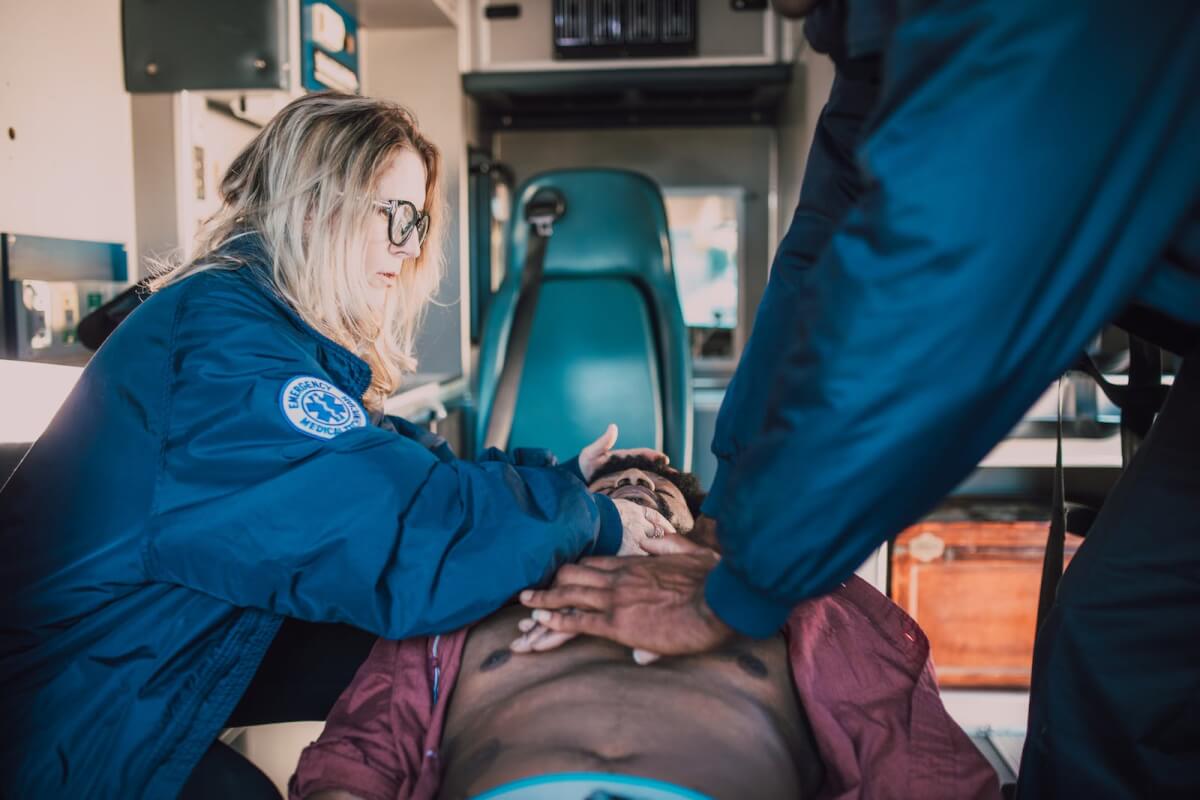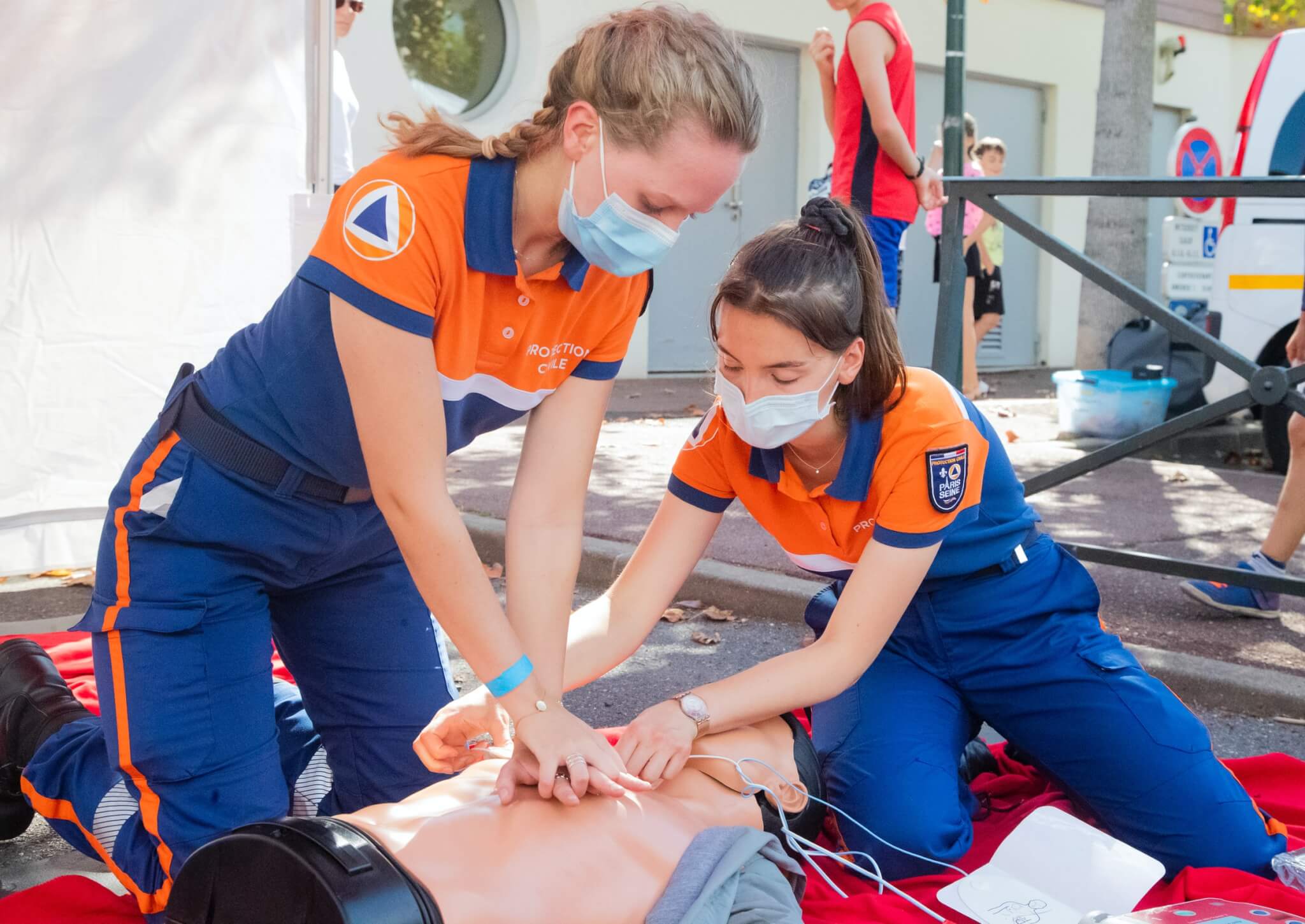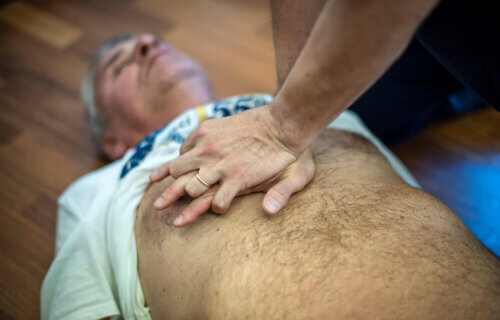PITTSBURGH — Do you know CPR? A new study is revealing that there is literally no time to waste when someone goes into cardiac arrest. Even if the patient is in a hospital, researchers at the University of Pittsburgh have found that the likelihood of surviving cardiac arrest using cardiopulmonary resuscitation (CPR) decreases from 22 percent after one minute to less than one percent after 40 minutes.
This comprehensive analysis, involving nearly 349,000 adult patients across the United States from 2000 to 2021, reveals the stark timeline for CPR’s effectiveness in hospitals. The research also finds that the chance of a patient being discharged from the hospital without significant brain damage decreases from 15 percent after one minute of CPR to less than one percent after 32 minutes without a heartbeat.
At the heart of the study was the team’s quest to understand how the duration of CPR impacts the likelihood of a patient not just surviving, but also recovering without severe brain damage. The findings are crucial, shedding light on a subject that has puzzled healthcare professionals for years: When is it time to decide that continued CPR may no longer be beneficial?
💡What Is Cardiac Arrest?
- Cardiac arrest happens when the heart abruptly stops beating effectively.
- This disrupts blood flow to the brain and vital organs.
- It is different from a heart attack, which involves reduced blood flow to a part of the heart muscle.
Cardiac arrest in hospitals is a dire emergency, affecting approximately 300,000 adults each year in the U.S. alone. Despite advancements in medical care, the survival rate post-cardiac arrest has plateaued at around 25 percent since 2010.
CPR, a life-saving technique used to simulate heart pumping and breaths when a person’s heart stops, is a race against time. The study’s findings are a sobering reminder of this urgency.

The research conducted was no small feat. By analyzing data from the Get With The Guidelines—Resuscitation registry, a vast repository of information on in-hospital cardiac arrests, the team could track the outcomes of hundreds of thousands of patients. This analysis revealed a critical window: most patients who survived were successfully resuscitated within an average time of seven minutes. Beyond this window, the likelihood of a positive outcome diminishes rapidly.
The results showed that 67 percent of participants regained spontaneous circulation with an average CPR duration of seven minutes, while the remaining 33 percent did not, with an average CPR duration of 20 minutes. At the one-minute mark, the probability of survival and a favorable functional outcome were 22 percent and 15 percent, respectively.
“The findings provide resuscitation teams, patients, and their surrogates with insights into the likelihood of favorable outcomes if patients pending the first return of spontaneous circulation continue to receive further cardiopulmonary resuscitation,” says Assistant Professor Masashi Okubo of the University of Pittsburgh School of Medicine in a media release.

These insights are a game-changer for patient care during one of the most critical moments in a hospital setting. They empower healthcare teams with the knowledge to balance persistence with realism, potentially guiding conversations with patients’ families during these distressing times. Furthermore, it stresses the importance of rapid response and the effectiveness of CPR in the initial moments following cardiac arrest.
However, the decision to cease CPR efforts remains complex, influenced by numerous factors beyond just time. Each patient’s condition, underlying health, and circumstances play a role in these life-or-death decisions. The study acknowledges these nuances, suggesting that while time is a critical factor, it’s not the sole consideration.
The study’s findings are a crucial step forward in our understanding of CPR’s effectiveness and will likely influence future guidelines and training. By outlining the critical window for CPR success, it paves the way for more informed decisions in emergency care, potentially saving lives and preserving quality of life post-recovery.
As we digest these findings, the message is clear: in the battle against cardiac arrest, time is of the essence. This research not only provides a roadmap for healthcare professionals but also underscores the need for continuous improvement in our approaches to resuscitation and post-cardiac arrest care.
The study is published in the BMJ.
You might also be interested in:
SWNS writer Isobel Williams contributed to this report.

I just chew up an aspirin and put it under my tongue when I get a blood clot. Then I take Natto.